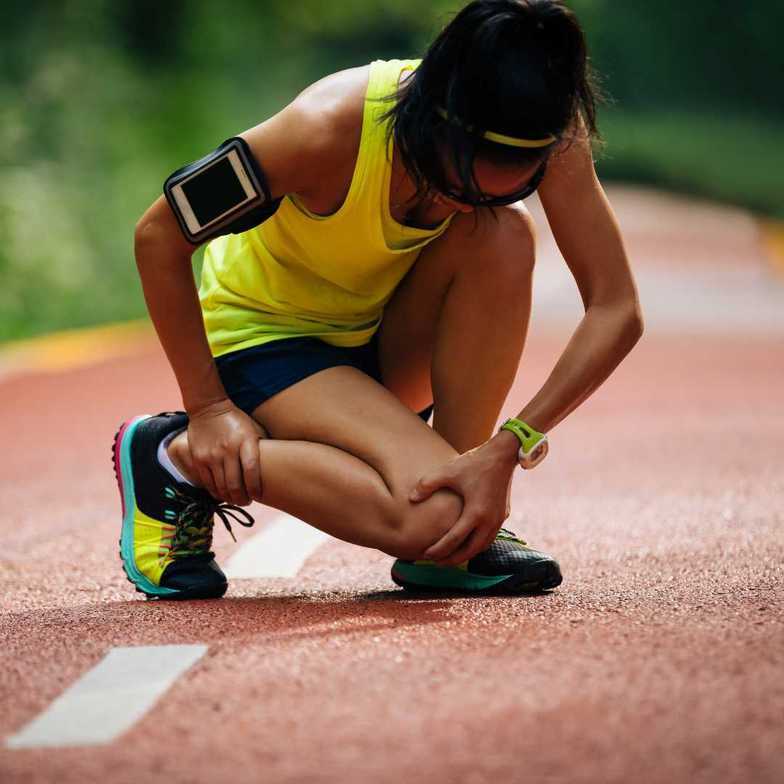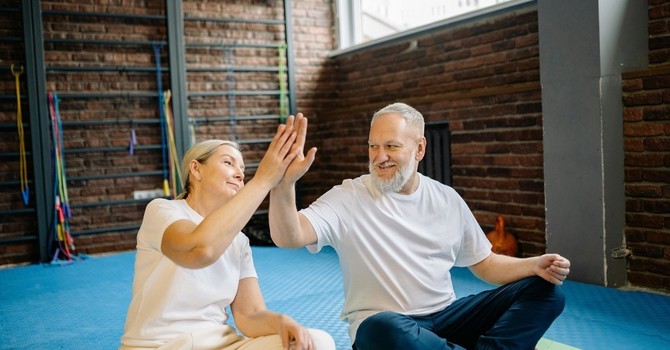
It’s not just a problem that affects elderly people. It can actually affect adults and children of any age.
Usually, knee pain is the result of an injury, such as a torn cartilage or ligament. There is also a range of medical conditions that can cause pain in the knee joint, such as osteoarthritis, rheumatoid arthritis, and gout.
What is Patellofemoral Pain Syndrome?
There is also a condition called patellofemoral pain syndrome (often shortened to PFPS), which is more common in regular runners or athletes. This condition causes serious pain in the knees due to repeated flexion and extension of the kneecap. It can lead to inflammation, swelling, and can often result in arthritis in the long term.
Patellofemoral pain syndrome doesn’t just affect people who regularly run. It can impact anybody who participates in regular sports that involve running, jumping, squatting, or even walking.
This is because the more that the knees are used (when you are running or jumping around), the more pressure that is placed through the bones and cartilage in the joint. Eventually, this can lead to misalignment of the joint itself, resulting in symptoms such as grinding, popping, and buckling at the knees.
What Should You Do When You Have Patellofemoral Pain Syndrome?
The question is how can you overcome knee pain and patellofemoral pain syndrome? The most commonly recommended and most helpful treatment for this condition is rest. You should ideally minimize any activities that will cause stress to go through your knee joint.
This can be tough if you love to exercise or if you usually play on a sports team. However, it’s essential that you rest the joint and allow it to recover and realign. You can work with a professional chiropractor or physical therapist to create a personalized rehabilitation program. They may prescribe a range of low-impact activties and stretches for you to complete during your recovery period.
Alongside lots of rest and recovery, you can also perform some myofascial release using a foam roller. Running the foam roller over your thighs, hamstrings, and calves can relieve tension in the area and may reduce tightness. Your healthcare professional may prescribe some therapeutic stretches to improve mobility and flexibility around the knee joints.
Benjamin Kohler
Contact Me


